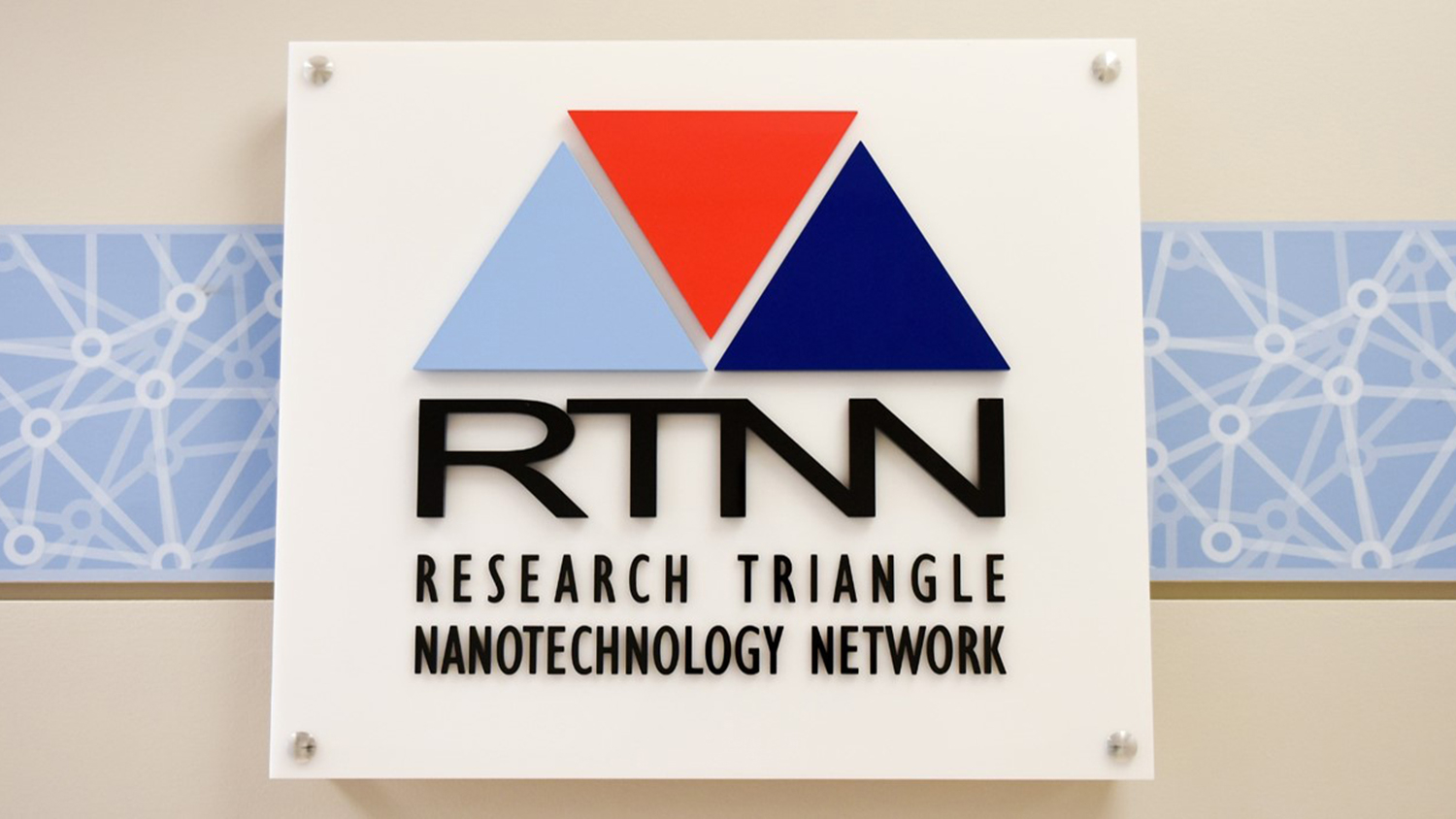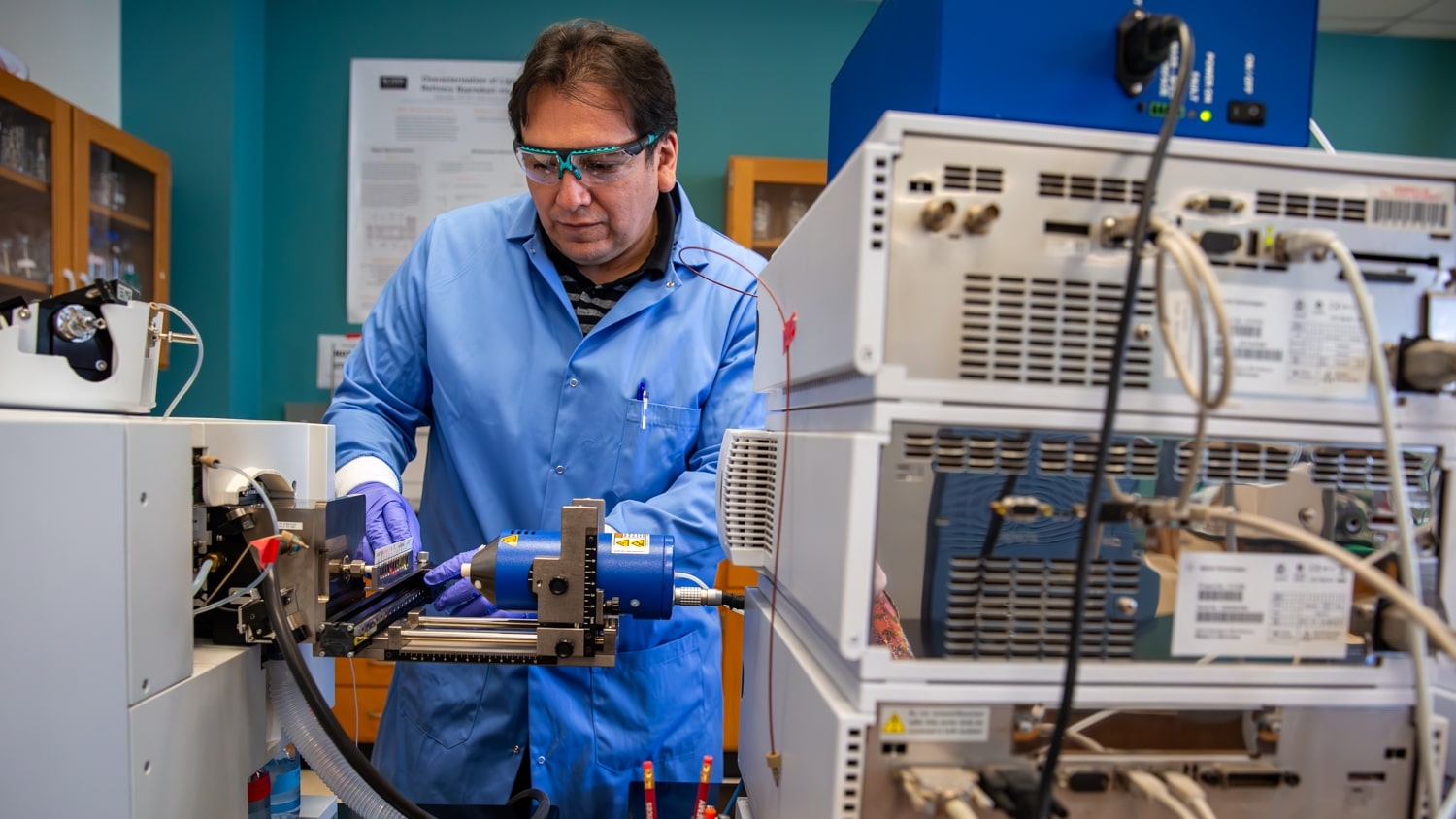NC Solar Center receives stimulus funding to support alternative fuels and idle reduction
— from the NC Solar Center
The NC Solar Center’s Clean Transportation Program will administer the Alternative Fuel /Advanced Vehicle Technology (AF/AVT) project with funding from the NC Department of Commerce State Energy Division. The 15-month, $500,000 initiative is funded through the American Reinvestment Act (ARRA) and will be directed to help jump start several unique clean transportation projects. Additionally, the project will help to curb greenhouse gas emissions, diversify fuel usage, and create jobs. It will directly support the construction of two alternative fuel stations and 29 advanced technology vehicle projects to benefit both the private and public sectors and result in over 350,000 gallons of petroleum displacement annually.
Six projects will be funded through the AF/AVT project:
- East Carolina University Student Transportation Authority (ECUSTA) will purchase two new transit buses, which will be converted to operate on compressed natural gas (CNG) with a commitment to add three new CNG buses in each of the subsequent three years.
- Gaston County will convert nine existing Ford E350 vans to operate on propane (LPG) with refueling infrastructure to be provided by Alliance Autogas.
- Greenville Utilities Commission (GUC) will install a CNG refueling station to serve ECUSTA buses.
- Hill Oil Company will install two ethanol (E85) dispensers and two biodiesel (B20) dispensers at a service station planned for Lexington, NC. The new Sparky’s station will provide biofuel access to the motoring public on Business I-85, and will also be convenient to state highway patrol and forestry service E85 flex fuel and diesel vehicles.
- The Town of Cary will implement an Idle Reduction Pilot project with five vehicles utilizing the Energy Xtreme power management system, which allow police and utility vehicles to meet on-board power needs while reducing engine idling.
- The Town of Chapel Hill will implement an idle reduction technology project using the Idle Right battery voltage system on nine vehicles. The equipment will be installed on Town police vehicles to monitor the existing battery, so that the vehicle’s engine will only turn on when voltage is too low to sustain on-board power use. The Town of Chapel Hill will also use AF/AVT funding for 50 percent of the incremental cost of four Ford Escape hybrid electric vehicles.
“North Carolina imports almost all of its fuel for the transportation sector. This project directly works to diversify fuel supplies and improve air quality in North Carolina while supporting locally produced fuels,” stated Anne Tazewell, Clean Transportation Manager at the NC Solar Center.
Currently, 24 counties in North Carolina are in nonattainment or maintenance for National Ambient Air Quality Standards.
Alternative fuel use in North Carolina has grown significantly in the past decade as awareness about and availability has expanded. Federal assistance, such as the funding provided through the AF/AVT project, eliminates the primary reason there is not more wide spread adoption: price. With few mandates, incentives are an important tool to encourage use and demonstrate the feasibility of alternative transportation technologies
About the North Carolina Solar Center
Created in 1988, the North Carolina Solar Center, as part of the College of Engineering at North Carolina State University (NCSU), works closely with state and local government and the renewable energy industry. It manages and maintains the NCSU Solar House and serves as a resource for innovative, green energy technologies through research and demonstration, technical assistance, education, outreach and training. For more information please visit: www.ncsc.ncsu.edu and www.cleantransportation.org.


